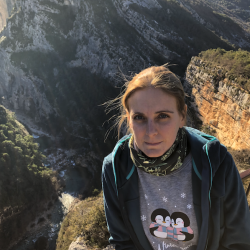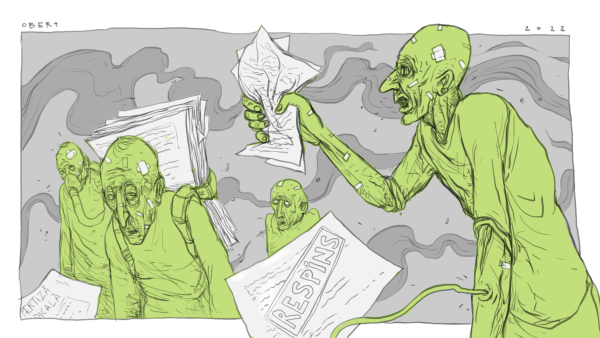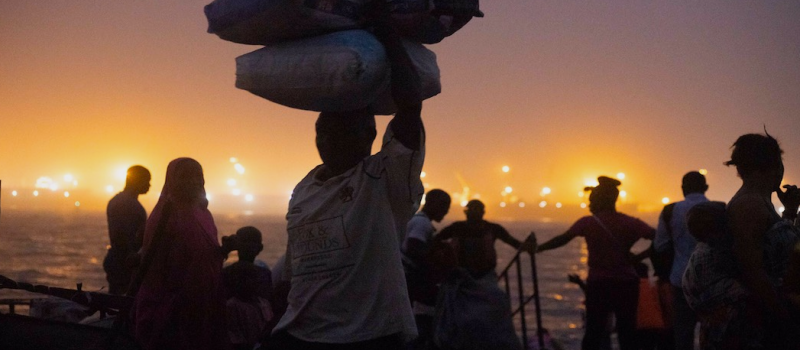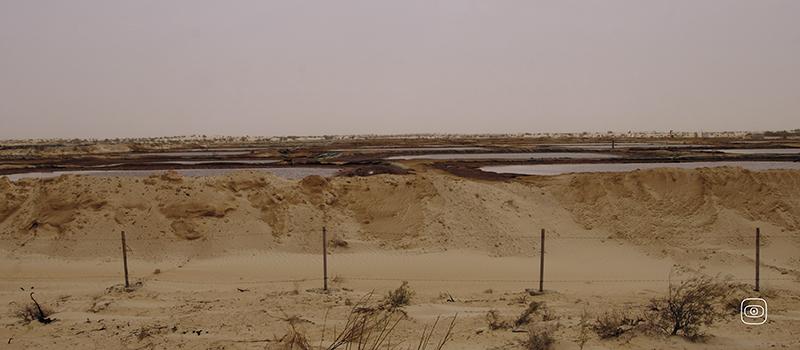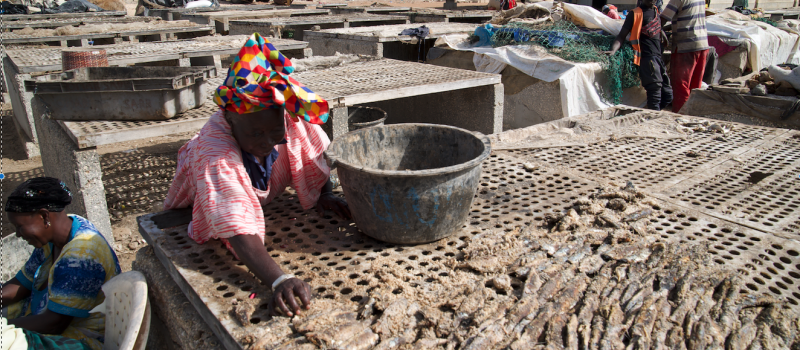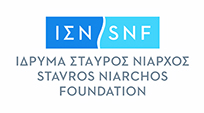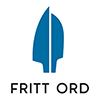
LELESTI - For years they inhaled it. Former workers of the asbestos-cement factories in Romania worked without any protection against the toxic dust. Except a milk ratio. It was supposed to protect against cancer and toxicity, or so they believed during communism. Long privatized and shut down, the factories still have their marks on people’s lungs. The diseases appear decades after the exposure.
After getting them sick in its factories, the Romanian State puts them through a battle for compensation. The figures are two zeros short than what other European countries pay to compensate and the process involves a suffocating path of unimaginable bureaucracy.
Always seen as a tribute paid to progress, now old and unwell, the former workers were refused payment. They retired before they could contribute to the state fund for professional diseases. State officials have been automatically insured, but not the most exposed.
Their number is unknown as the statistics are chaotically reported. Only 3 cases of mesothelioma in 20 years reported as a professional disease mirroring more than 1200 deaths caused by this rare form of cancer related to asbestos exposure.
Mistreated by their own country, the former workers were also dodged by the foreign investor who took over the factories. The French company Lafarge, currently merged with Swiss cement giant Holcim, refused to sign the papers people needed for obtaining the compensations. Even if there was no financial bind, the company preferred to be sued and went to court before being associated with the victims.
Illustration: Robert Obert ©
ONLINE
- Afaceri Toxice, Rise Project, 29/09/2022
- Fabrica În Care Boala N-a Putut Sa Intre, Rise Project, 30/09/2022
- Asbestfabrik in Rumänien: «Da war Staub, da war Schmutz», Die Wochenzeitung, 06/10/2022.
need resources for your own investigative story?
Journalismfund Europe's flexible grants programmes enable journalists to produce relevant public interest stories with a European mind-set from international, national, and regional perspectives.
support independent cross-border investigative journalism
We rely on your support to continue the work that we do. Make a gift of any amount today.
